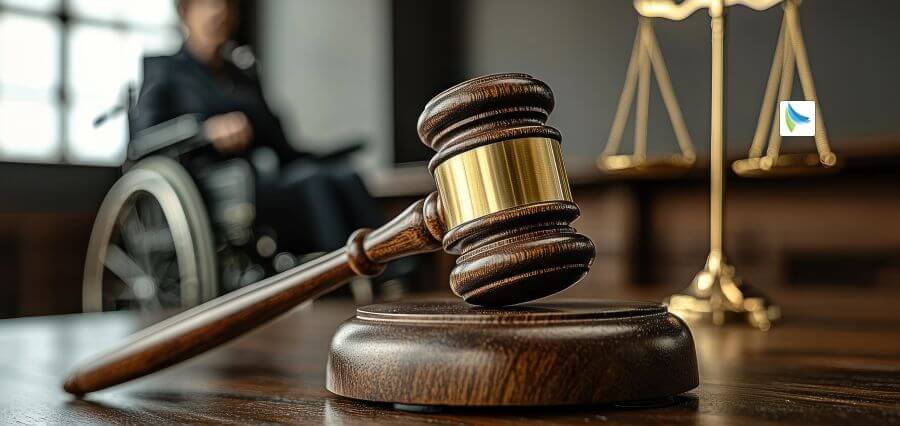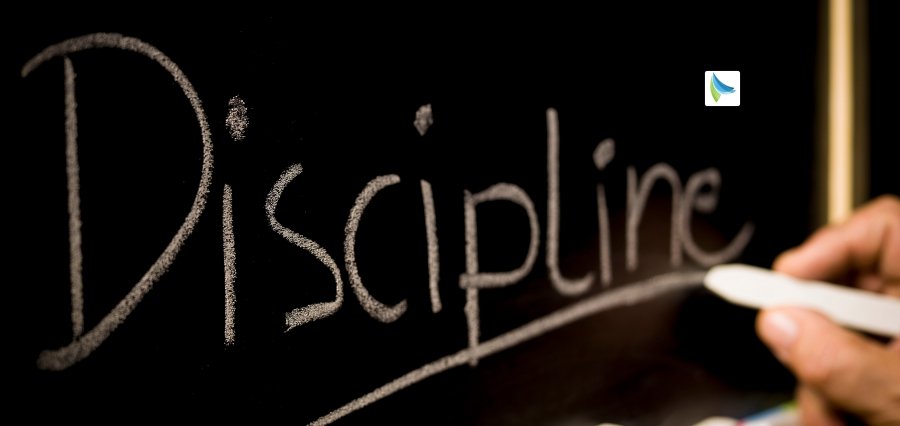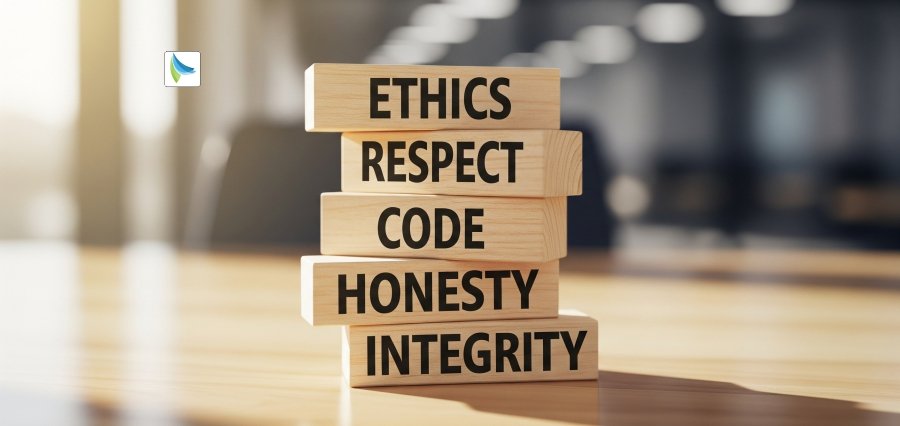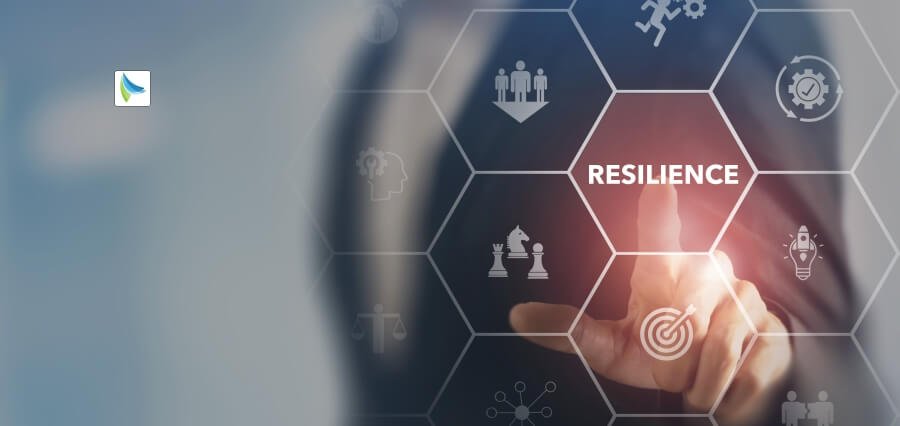Justice and Inclusion
The legal profession has experienced increasing pressure to reform, based on the founding principles of Justice and Inclusion. The concept of inclusion, whereby all voices are heard, particularly those that had historically been muted in the justice system, has taken a fresh dimension as the idea bearing on law that all are considered equal before the law. Today, justice does not mean merely ensuring that rules are obeyed, but that the system reflects the patchwork of society.
Opening Doors Through Legal Education
In its essence, Justice and Inclusion in legal practice require the law to be approachable equally and equally accessible, and its practitioners reflective of the broad communities they serve. Realizing this dream requires revisiting how the legal profession’s gatekeepers keep members so that they do not unfairly discriminate based on background, socio-economic status, or identity.
One such area of emphasis in this push is legal education. Improving the number of diverse people entering law schools, in turn, is a sound instinct because it aligns with the concept of Justice and Inclusion. Law schools have started experimenting with holistic admission processes to look beyond traditional metrics. This transition acknowledges that excellence potential in an applicant cannot always be represented by a single test score or traditional academic achievement. These practices will shift the emphasis to broader life experiences, community involvement, and resilience, which will allow inclusion of not only intellectually proficient individuals, but also those with diverse opinions, essential in equitable interpretations of law.
Advancing Inclusion Within Legal Careers
It does not just exist within the profession; Justice and Inclusion is a must. Mentorship initiatives specifically designed to benefit new law graduates with underrepresented backgrounds help to fill the gap between entry and promotion. Inclusive workplace cultures insist on equitable promotion trajectories and the importance of diverse perspectives in law-making and legal reasoning. Diversity of opinion within argumentation and negotiation processes, as well as interpretation, helps the profession to become more useful to a pluralistic society.
Making Legal Services More Accessible
Redefining the nature of legal service is equally crucial. Legal practitioners and organizations are experimenting with making access to legal advice more convenient, such as through community-based legal services, fee-sliding structures, or online outreach services. These innovations would seek to eliminate the obstacles that have historically denied groups access to justice. Ensuring that legal practitioners are culturally competent, i.e., aware of how identity, background, and lived experience inform legal needs, is also a part of integrating Justice and Inclusion into practice.
Bringing Inclusion into Legal Interpretation
Even within the context of legal decision-making, the drive toward Justice and Inclusion seeks to reexamine the interpretation and application of laws. The more inclusive approach embraces the fact that legal norms may impact various communities. Advocates of the methodology encourage the consideration that the viewpoint is essential, not to curb the law to specific interests, but to guarantee that the results of the law do not inadvertently extend inequities. Inclusion in interpretation encourages more extensive and sophisticated understandings of the law.
Balancing Merit and Inclusion
There exists tension between ideals of merit and inclusive practices. There are those who worry that reconsidering conventional approaches to merit dilutes excellence. Nevertheless, proponents believe genuine perfection is impossible without different ideas and experience. Ultimately, strictly limited exclusion can be problematic to the extent that it reduces the ability of justice to keep up with changing social contexts.
The Role of Reflection and Cultural Competence
Justice and Inclusion also entail that people in the profession engage in constant self-reconsideration. Lawyers should explore how their implicit bias, training, and professional standards interfere with their encounters. The creation of a mindfulness and deliberate changes in evaluating credibility or client advocacy on an individual basis can marginally transform the ethos of the profession towards inclusivity.
Shaping Future Legal Practitioners
Education and training are crucial factors here. Curriculum that incorporates cultural humility and bias sensitivity into legal education contributes to the integration of Justice and Inclusion in the first levels of professional education. This resilience and relevance of the legal system is strengthened when new entrants are capable of engaging with difference and complexity.
A Justice System for All
Looking forward, Justice and Inclusion in the legal practice is more of a journey than a destination. Although some developments have been in fits and starts, there are still multiple powerful principles. A diverse legal profession not only promises more equitable results, but it also enhances the quality, reliability, and validity of justice.
The ultimate purpose of law is to serve the people. When the profession fulfils the promise of Justice and Inclusion, it becomes a more potent defender of rights and equity. In an increasingly diverse world, these principles cannot be merely optional but rather must exist in all aspects of legal practice.
Read Also: The Hidden Strength of Enterprises














